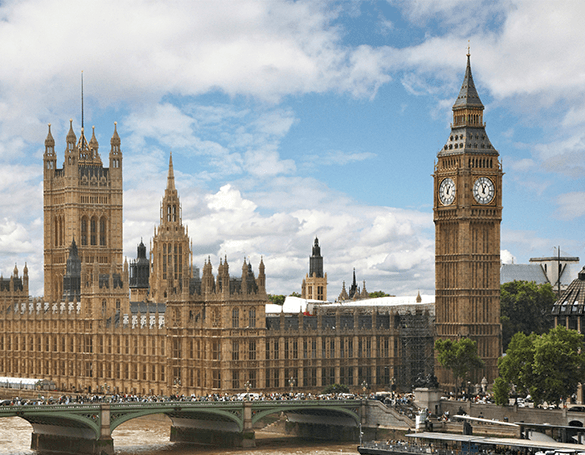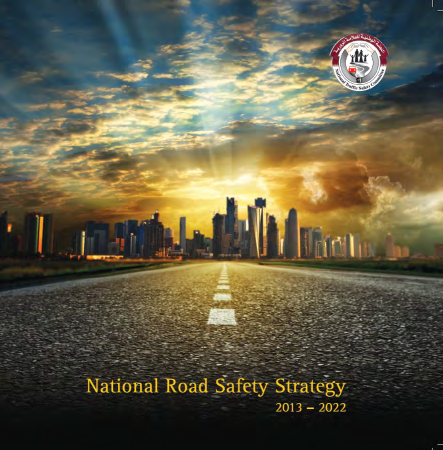Road safety targets worldwide
Traffic accidents remain one of the leading causes of death globally. The number of road fatalities has risen to approximately 1.3 million each year, costing most countries 3% of GDP. To address this, world leaders have adopted the 2030 Agenda for Sustainable Development and its UN Sustainable Development Goals (SDGs) including:- Reduce road traffic deaths and injuries by 50% by 2020
- Improve access to safe, affordable, accessible and sustainable transport by 2030
There has been progress in certain areas towards the ambitious UN target of halving the global number of fatalities from road collisions. But there’s much more to be done. That’s where our experts come in.
Proven ‘safe system’ approach
Our work is aligned to the safe system approach. This recognises that road users will make mistakes and aims to reduce the risk of serious injuries or fatalities when these mistakes happen. We work with government and transport agencies, development banks, regulatory bodies and road safety consultancies to promote good practice and help prevent road traffic fatalities and serious injuries. We aim to empower countries and regions to achieve the UN SDGs, using proven and sustainable evidence-based solutions.
To improve the statistics, we have been using scientific research to identify, implement and appraise international, national and local transport solutions since the 1930s . Our expertise includes connected and automated vehicles, vehicle safety regulations, highway safety and asset management, rural and urban safety and mobility, institutional capacity building and multi-sectoral road safety strategies and action plans. This is further supported by our status as a Centre of Excellence for the International Road Assessment Programme (iRAP).
National safety and road improvement schemes
We’ve worked for the Department of Transport in the UK to help reduce risk levels for young and novice drivers, through the implementation of hazard perception testing. This has helped achieve an 11% reduction and saved the UK economy £1 billon so far.
Abroad, by developing and applying best practice road construction guidance manuals, we have enabled African authorities to reduce design, construction and maintenance costs of low volume roads by 30%.Worldwide transport strategy and policy
TRL is helping shape the transport safety and mobility landscape across the world. We do this by applying the results of robust research, developing and evaluating strategic policy consultancy projects. We also formulate best practice guidance for high level decision makers and grass roots practitioners.
We provide more than just a written report. We can include elements of training, mentoring and capacity building. Our support enables decision makers, practitioners and stakeholders to access the all the knowledge they need to achieve shared responsibility for improving transport safety and mobility.
Trusted research, advice and collaboration
Our research and technical reports are frequently cited and used by government and private organisations globally. They’re also used to inform the development of many guidance documents, including best practice road safety manuals for the World Health Organisation (WHO).
Our clients include national and regional government agencies as well as international development agencies. For example, the UK’s Department for International Development, the World Bank, the Inter-American Development Bank, the African Development Bank and the Caribbean Development Bank.
We have formulated strategic road safety and action plans for low and middle income countries including Belize, Oman, Kenya, Burkino Faso, Zimbabwe, Ethiopia and Guyana. In higher income countries, our clients include policymakers in Qatar, Saudi Arabia, Abu Dhabi and the UK.


